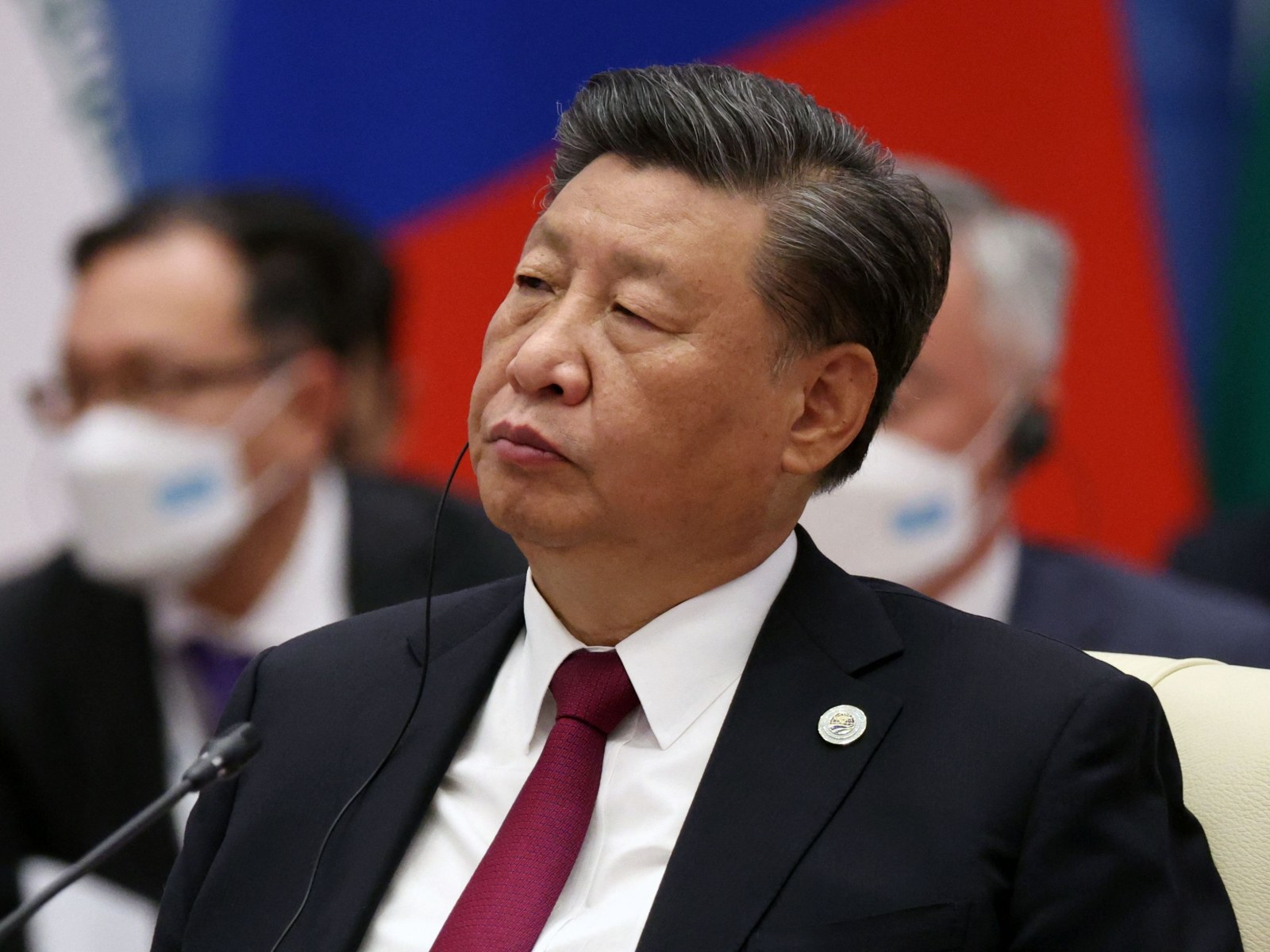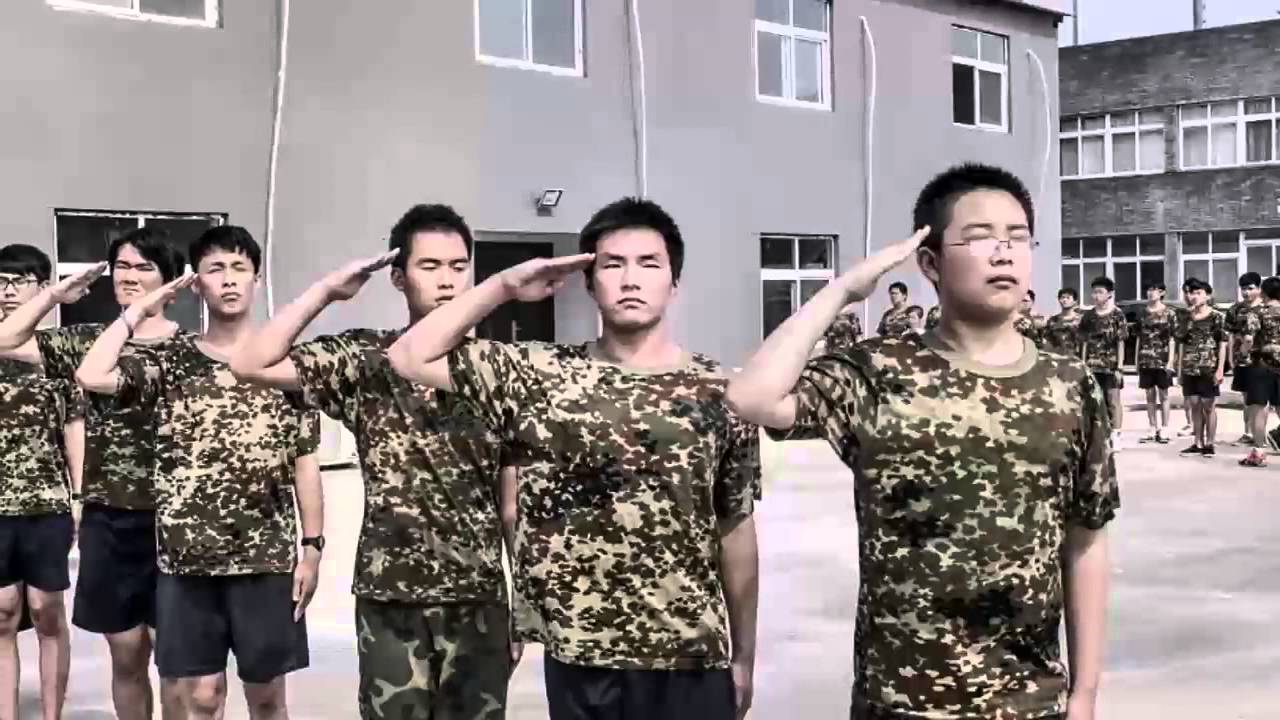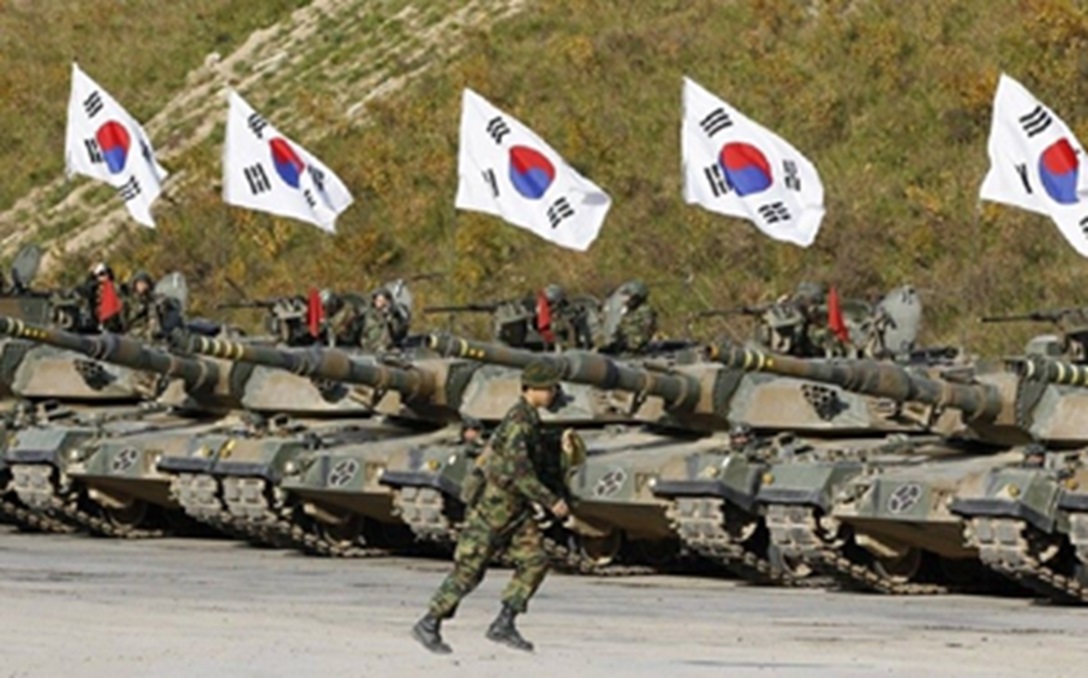Beginning last weekend, all of us who have looked at China at some point in time would have received dozens of WhatsApp messages and telephone calls asking whether there was any truth in the social media messages that claimed President Xi Jinping has been removed as the Chairman of the all-powerful Central Military Commission (CMC) by a People’s Liberation Army (PLA) general. In my case, my standard answer that I knew nothing more than what they read/saw on social media posts seemed to disappoint many. But would there be ‘so much smoke’ without any fire, some of them insisted?
The general impression among China watchers across the globe till last week has been that Xi Jinping was all set to become the General Secretary of the Chinese Communist Party (CCP) for an unprecedented third term in its 20th National Congress (Party Congress) that begins on 16 October. This would lead to General secretary Xi taking over as the Chinese President, also for a third term, in the 14th National People’s Congress (NPC – the country’s parliament) in March 2023. According to many, what was only left to be seen was whether the event will witness Xi Jinping being elevated to the position of the Chairman of the CCP, a post held by Mao Zedong.
Having said that, let’s come back to the coup controversy and see how the news, or the rumours, surrounding Xi Jinping’s alleged deposal actually started. Media reports now trace its origin to a post on New Highland Vision and a report in the New York-based Epoch Times, a virulent critic of the Chinese regime in general, and the CCP in particular. Epoch Times, as is known, works as a mouthpiece of Falun Gong, a religious movement banned in China. The New Tang Dynasty TV channel that carried some of the related videos, particularly at the beginning, is also operated by the group.
Does the fact that it was mainly the controversial Epoch Times that broke the report (or rumours) make it any less reliable? The answer is actually, no. Falun Gong might have spread several unverified reports vehemently critical of the CCP and the Chinese regime in the past. But the fact remains that they have a large number of followers, sympathisers and sources deep inside China, and not all their unverified reports have been fake. In fact, some of the horror stories Epoch Times carried in the past had turned out to be true!
In the present case, the reports that went viral on social media had several shocking visuals that the authors presented as proof. One video that struck the viewers most had a long military convoy travelling allegedly to Beijing from the Hebei side. It claimed that the convoy of military vehicles and other lethal hardware was 80-kilometre long, with its front reaching Huanlai county near Beijing while the rear was still at Zhangjiakou city in Hebei province at the time when the video was taken! Some other reports even claimed that the [same] convoy was moving in the opposite direction, from the Beijing side to the Hebei side! But the fact that this one-minute video could not have shown the entire 80-kilometre stretch, or has not shown any stretches showing some prominent, identifiable physical features or superstructures was probably ignored in initial excitement. The road signs seen very briefly were not clear enough to make any sense out of them. In other words, there was nothing that substantiated the claim that the convoy was indeed moving between the said two destinations on the said date.
Another rather scintillating video was that of firing going on supposedly at Yuhong airbase of the PLAF in Shenyang City, Liaoning Province. Again, there was nothing that convinced independent observers that it was indeed happening in the said location, on the said date, as claimed by its presenters. It could well have been taken during some military drill that might have happened against the background of the recent developments involving Taiwan and the related warnings from the US. It was, thus, not clear exactly when and where the spectacle was going on. Were the human voices in the background of the video helpful? Well, one couldn’t rely on it fully as it could have been added subsequently.
Now, let’s come to the pictures of the controversial general(s) in the National Seminar on Defence and Military Reforms which it was claimed was not attended by President Xi Jinping, the head of the Leading Group for National Defence and Military Reform of the Central Military Commission. One could not depend on it as circumstantial evidence of the coup as there was nothing that helped establish the date on which the pictures were taken, i.e., at least in the versions that I happened to see.
Does that mean one can rule out that nothing untoward has happened in Beijing and everything is hunky-dory there? Actually, we don’t know. But, at the same time, the fact that we have the visuals, but not any concrete proof to establish their veracity doesn’t mean that they are all fake.
So, where do we go from here?
There are a few things that I wish to present here that might support the theory that something untoward, i.e., a coup attempt of some sort, might have happened in Beijing.
First, President Xi Jinping left Samarkand, Uzbekistan before the SCO Summit ended formally. What was the cause of his early return to Beijing? Was it planned that way from the beginning? Was he taken ill? Or, something warranting his hurried journey back took place or was taking place in Beijing at the time? And, what happened to him after his arrival back home? Was he unwell and in some sort of quarantine? It reminded one of his days-long absence from public view after his official visit to Myanmar, followed by an inspection tour of Yunnan province (bordering Myanmar), and then attending a few pre-Chinese New Year events in Beijing in January 2020.
Secondly, why were a large number of flights out of Beijing cancelled on that ‘fateful day’ as has been corroborated by flight tracking portals? Some reports also mentioned a number of high-speed train services scheduled to leave Beijing on the same day getting cancelled without assigning any reasons. Beijing could have explained these away saying there were some technical glitches at the departure terminals or railway signalling facilities, or something more convincing to a technical mind. Or, they could have even argued that they were holding an unscheduled military drill, testing some response capabilities of the airport’s security architecture. That it could have led to aviation experts asking more inconvenient questions is another matter. Strangely, the media reports on the subject I saw did not mention anything about the fate of the incoming flights or trains scheduled for the same timelines.
Another more significant argument in favour of the theory that “something indeed has happened” in Beijing is this: If a coup or coup attempt has not happened, why hasn’t the Chinese government or the CCP leadership come out and asserted that nothing untoward has occurred there? The Chinese side is known for “condemning” such reports if they were indeed baseless. They have an array of academics and other experts on the mainland, and some godi journalists in Hong Kong, among other places, who are usually given such tasks when it is not convenient to do so from the mainland. Even if the Chinese side comes out with denials or condemnations after all these days, the delay is only going to further weaken any such Chinese arguments that they might proffer. Or, have they decided that ignoring these reports completely is a better way of dealing with the situation?
Smoking Gun?
The next argument in support of the pro-coup theorists is a series of articles that had appeared recently in the PLA Daily and other publications in China. The focus of these articles has been the need for the People’s Liberation Army (PLA) to resolutely follow the Party line in letter and spirit. It is not unusual, particularly before major events like the Party Congress, for the Party to remind all its “affiliate” bodies, that include the PLA, and even the judiciary which is a part of the administration and not independent of it, to reaffirm the leadership role of the Party at all times.
The primary article that the PLA Daily carried out told the military cadres “ to follow the Party’s leadership and carry out assigned tasks, regardless of how difficult and dangerous they were”. The article underscored that the “Central Military Commission, chaired by Xi Jinping, has overall command responsibility and must be obeyed at all times”. Significantly, it named several top generals purged in General Secretary Xi’s campaign against corruption “for trying to undermine the power and authority of the CMC Chairman”.
Portraying PLA soldiers as “bricks” that could be deployed wherever the party wants them to be, the article urged the PLA personnel to willingly take “whatever risks and challenges” that were needed at any time. It added that PLA personnel should “resolutely do what the party asks them to do, and [equally] resolutely refuse to do what the party does not allow”. It emphasised that “under the principle that “the party controls the gun”, history showed that “the system of the CMC chairman holding ultimate authority had been crucial in times of political crises”.
It cautioned the cadres that there were “complicated ideological challenges for the military at a time of profound changes in both the internal and external environment” and that “there had been talking of depoliticising the PLA and even attempts to split the army from the party’s control to make it a national army”……. “The Party’s absolute leadership over the military is an unshakeable principle that has played an irreplaceable and important role in ensuring the Party’s long-term governance and political stability.” However, the main thrust of the PLA Daily article was that “the CMC chairmanship, a mechanism at the central command level that gives the chairman the final word on major issues covering the military’s personnel, departments and all other work units was fundamental to ensuring the Party’s absolute leadership over the military”.
Notably, the article minced no words in criticising former Vice Chairmen of CMC, Gen. Guo Boxiong and Gen. Xu Caihou, alleging that they had “weakened the role of the Central Military Commission”. It proclaimed that the CMC’s role has been restored after Xi Jinping’s anti-corruption drive deposed corrupt senior generals, including the above two.
The rather unusually long article was about 6,900 words long. It emphasised the importance of “the CMC chairman responsibility system” more than two dozen times. It did not camouflage the main message in customary proverbs or idioms. Reminding the PLA that “the system under which Xi Jinping makes key military decisions is enshrined in the constitution and the party charter”, the article called for “absolute loyalty” to Xi Jinping in plain and simple words. In hindsight, it does corroborate the general view among China watchers that something is not quite right in Beijing. What exactly that ‘something’ is, remains yet another Chinese riddle, at least for the time being. Until then, let us keep “seeking truth from facts”!
With all this, the lingering doubts about CCP-PLA relations that have haunted China watchers for a long have got a little clear now. The old PLA leadership accepted the CCP’s leadership role blindly because those at the Party’s top were either PLA veterans or they could at least claim its legacy in some form or the other. On the contrary, most of the present-day Party leaders have only some sort of “part-time” relationship with the PLA. Sections in the present-day PLA leadership are unhappy with the way in which Party leaders sit above them taking decisions on all military policies, promotions, transfers, postings, and even day-to-day affairs. When promotions and plum postings are decided purely on the basis of allegiance to the top Party leadership, those who actually merit such things often get side-lined. When the latter question such decisions, they are consigned to oblivion, or even punished on corruption charges that might actually be true in a set-up where corruption is all pervasive. Maybe, Xi Jinping was questioned on this, leading to a conflict at the top. Did all this lead to some affected generals questioning his authority to head the CMC? The possibility of some of the senior politicians and top officials in the public security architecture side-lined by Xi Jinping supporting such disgruntled generals cannot be ruled out. Hopefully, as claimed in some of those controversial videos, the world will be a little wiser on these matters after the final plenary session of the 19th Central Committee that will convene on the eve of the 20th Party Congress.
Tailpiece
Meanwhile, the preparations for the forthcoming Party Congress are going on as per schedule. As the meeting venue and surrounding areas are being spruced up and decorated, a list of 2296 delegates selected to attend the meeting has just been published. A quick look at it does not appear to throw up any major surprises. It looks like the stress will be on continuity rather than any dramatic detours in the Party’s policy trajectory. In the interim, the top politicians and the military brass who failed to fall in line behind Xi Jinping might continue to languish in political oblivion till someone strong enough to challenge the Chairman of Everything emerges from the shadows.
Disclaimer: The views and opinions expressed by the author do not necessarily reflect the views of the Government of India and Defence Research and Studies
Title image courtesy: Newsweek





